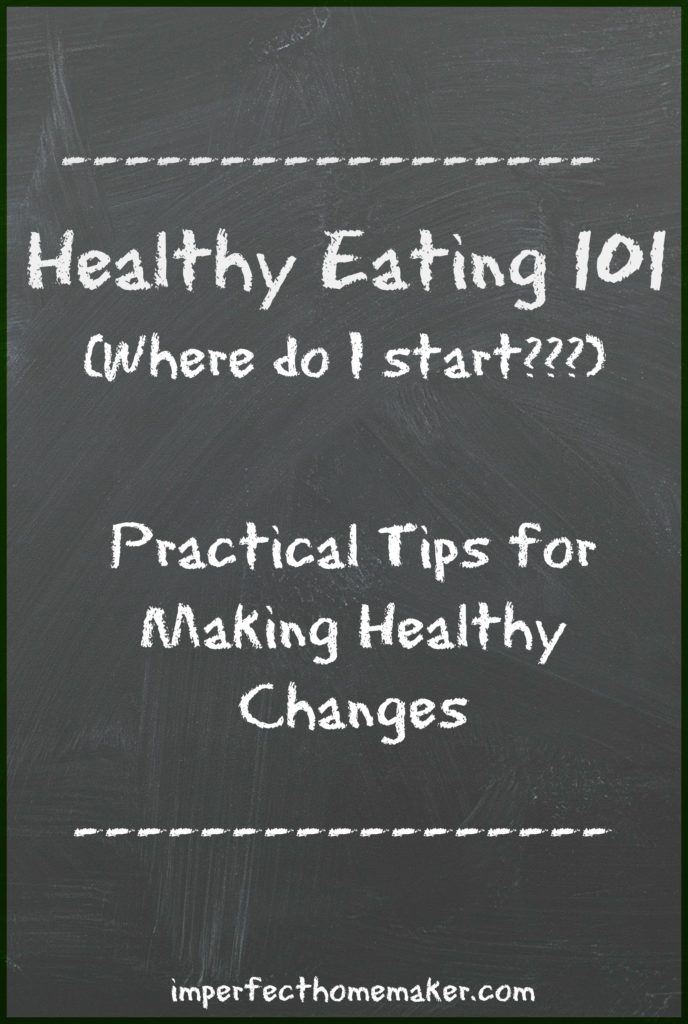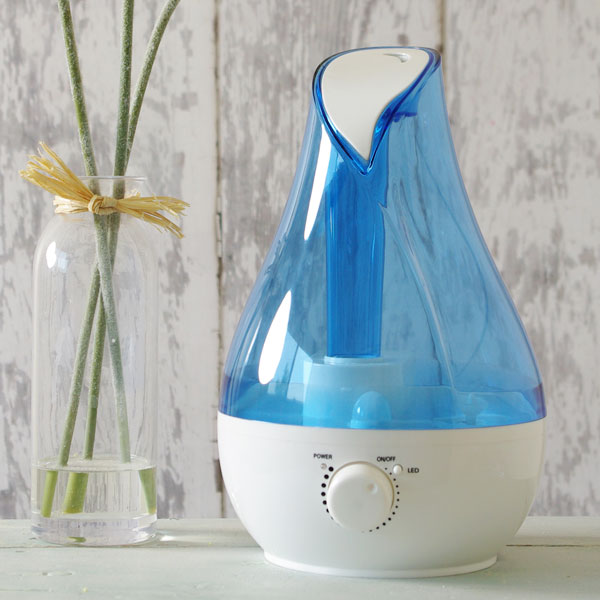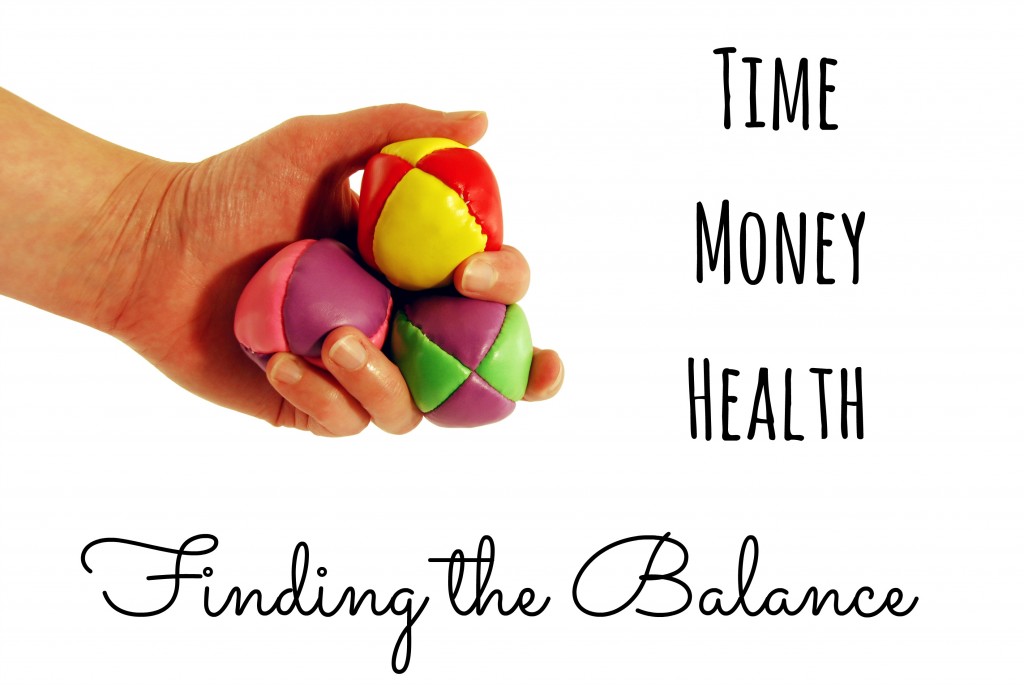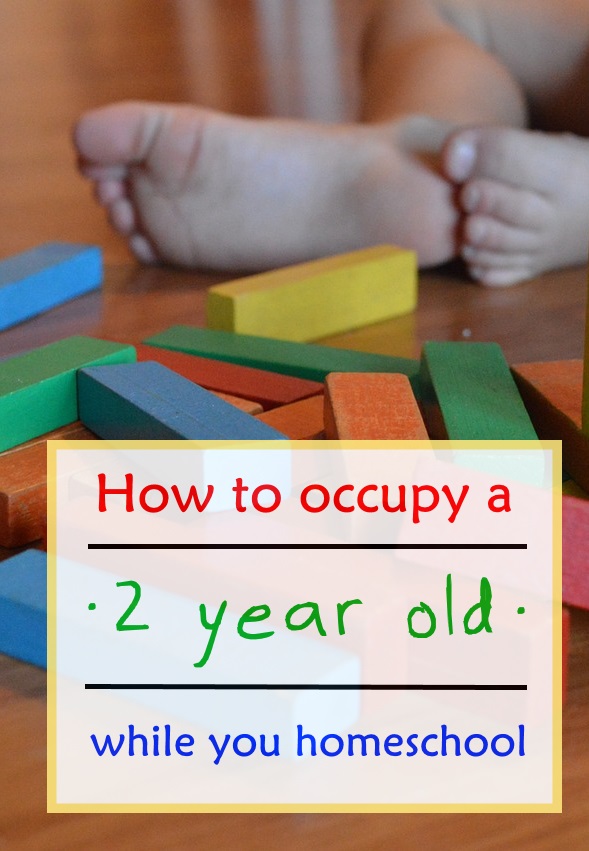Healthy Eating 101: Where Do I Start?
Are you trying to make healthier changes to your eating habits, but just aren't sure where to start? I know how you feel. I've been there.
It's honestly been quite a long road since I started making changes. And that's okay. It may take a while for you too. Don't sweat it. Progress is still progress, and I'm happy for any that you make.
So…the big question: “Where do I start???”
Many times when you begin reading information on food – what's good for you, what's bad for you, what will outright poison you – it can become overwhelming very quickly and you may want to quit before you even begin. It's easy to say “This is too hard. What's the use?”
You need to start out small. Just choose one thing to research and come to your own conclusion. This is one aspect you shouldn't skip. If you haven't come to a certain conclusion on your own about eating/not eating a particular thing, you will quit eventually. When you start feeling the pinch in your wallet, or when you start spending extra time in the kitchen making things from scratch, you will ask yourself, “Why am I doing this? Oh yeah, because some crazy lady on a blog somewhere said it's good for me.” That's not going to keep you going when things get tough.
Here's my recommendation for a good starting place:
Change one thing that you consume the most.
Do you eat fast food a lot? You probably already know that eating that kind of food is not good for your body, but if you need some more motivation to stop, start doing some research on that particular topic. Before long you will be easily making the decision not to swing by for that hamburger.
Maybe you eat breakfast cereal like it's going out of style. Did you know that even the “healthy” kinds are chock full of food additives (many of which are not even legal in other countries because of their detrimental effects on the human body)? Start your research there.
Are PB&J's the normal lunch in your family? Take a look at the ingredients in the bread, peanut butter, and jelly. Research them.
Whatever it is that you find yourself feeding yourself and your family on a very regular basis is what you should focus on changing first.
What if I don't like what I find in my research and I know I need to change a particular area? How do I change it?
First, you may be able to completely throw out a food from your diet altogether. If you get rid of the packaged cookies and chips, you'll be forced to find something else to snack on. Fruits and veggies, cheese or yogurt, or nuts can do the trick.
If a particular food is something you feel you can't live without, you can almost always replace it with a whole-food version of the same thing.
Fast-food burgers can be replaced with homemade.
Breakfast cereal can be replaced with homemade granola.
Peanut butter sandwiches can be made healthier with homemade bread, homemade peanut butter, and homemade jelly. If that's just too much of the word homemade, and you're overwhelmed at the thought of doing all that, then see if you can search out a store-bought compromise. (In our house, I buy a natural peanut butter without added ingredients, we do honey instead of jelly, and that only leaves me with the bread to make. If I'm still feeling too overwhelmed to make the bread, we use apples to dip in the peanut butter, and *gasp!* sometimes I still buy store-bought bread as long as it contains no HFCS. It's still not a perfectly healthy solution, but it's better than the alternative, and remember, this is all about finding a balance. Don't overwhelm yourself. Do what you can and don't get gray hair over what you can't do.
So, here's the recap from today:
1. Figure out the one thing that you and your family consume the most.
2. Research its effects on your health to solidify your decision to make changes.
3. Get rid of the offending food or find a whole-foods replacement.
That doesn't seem so hard, does it? Now go get busy!









